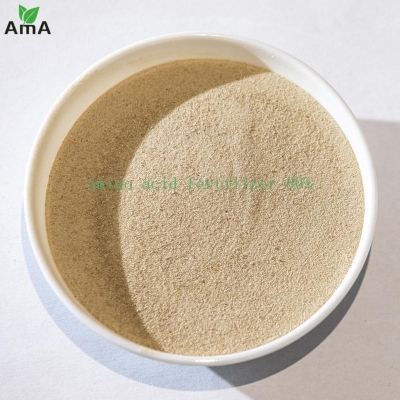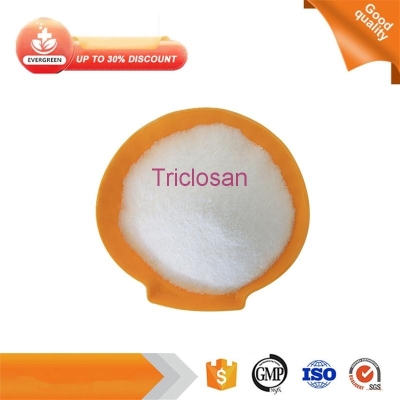Vitamins and amino acids play a key role in pluripotent stem cells
-
Last Update: 2017-02-20
-
Source: Internet
-
Author: User
Search more information of high quality chemicals, good prices and reliable suppliers, visit
www.echemi.com
In a new study, researchers from Italy, the Netherlands and the United States found that vitamins and amino acids play a key role in pluripotent stem cells The findings may provide new insights into cancer biology and regenerative medicine Vitamins and amino acids play a key role in the regulation of epigenetic modification in the progression of diseases such as cancer It may have an impact on future cancer biology research "We found that two metabolites, vitamin C and L-proline, play an important role in controlling stem cell behavior," explained Gabriella minchiotti, a correspondence author and researcher at the Italian Research Council This study confirmed that pluripotent embryonic stem cells in the earliest stages of development are pushed to a more immature 'naive' state by vitamin C, while in the presence of L-proline, they are forced to obtain a 'primed' state Therefore, vitamin C and L-proline play opposite effects on embryonic stem cells, and this is related to their ability to modify DNA They change the methylation of DNA to regulate gene expression, but not its sequence " Stem cells have unique ability of self-renewal and differentiation into other cell types, which makes them very attractive in medical research and biological research "Embryonic stem cells are the most versatile stem cells, which means they can produce all cell types of the organism, such as cardiomyocytes, neurons and bone cells Like normal stem cells, cancer stem cells can self renew and differentiate, and are thought to cause tumor growth and therapeutic resistance " This study has how assistant metabolites regulate pluripotency of embryonic stem cells and affect their epigenomes This will not only enhance our understanding of the biological characteristics of normal stem cells, but also may generate new understanding of the biological characteristics of cancer stem cells, thus helping to identify new potential therapeutic targets.
This article is an English version of an article which is originally in the Chinese language on echemi.com and is provided for information purposes only.
This website makes no representation or warranty of any kind, either expressed or implied, as to the accuracy, completeness ownership or reliability of
the article or any translations thereof. If you have any concerns or complaints relating to the article, please send an email, providing a detailed
description of the concern or complaint, to
service@echemi.com. A staff member will contact you within 5 working days. Once verified, infringing content
will be removed immediately.







